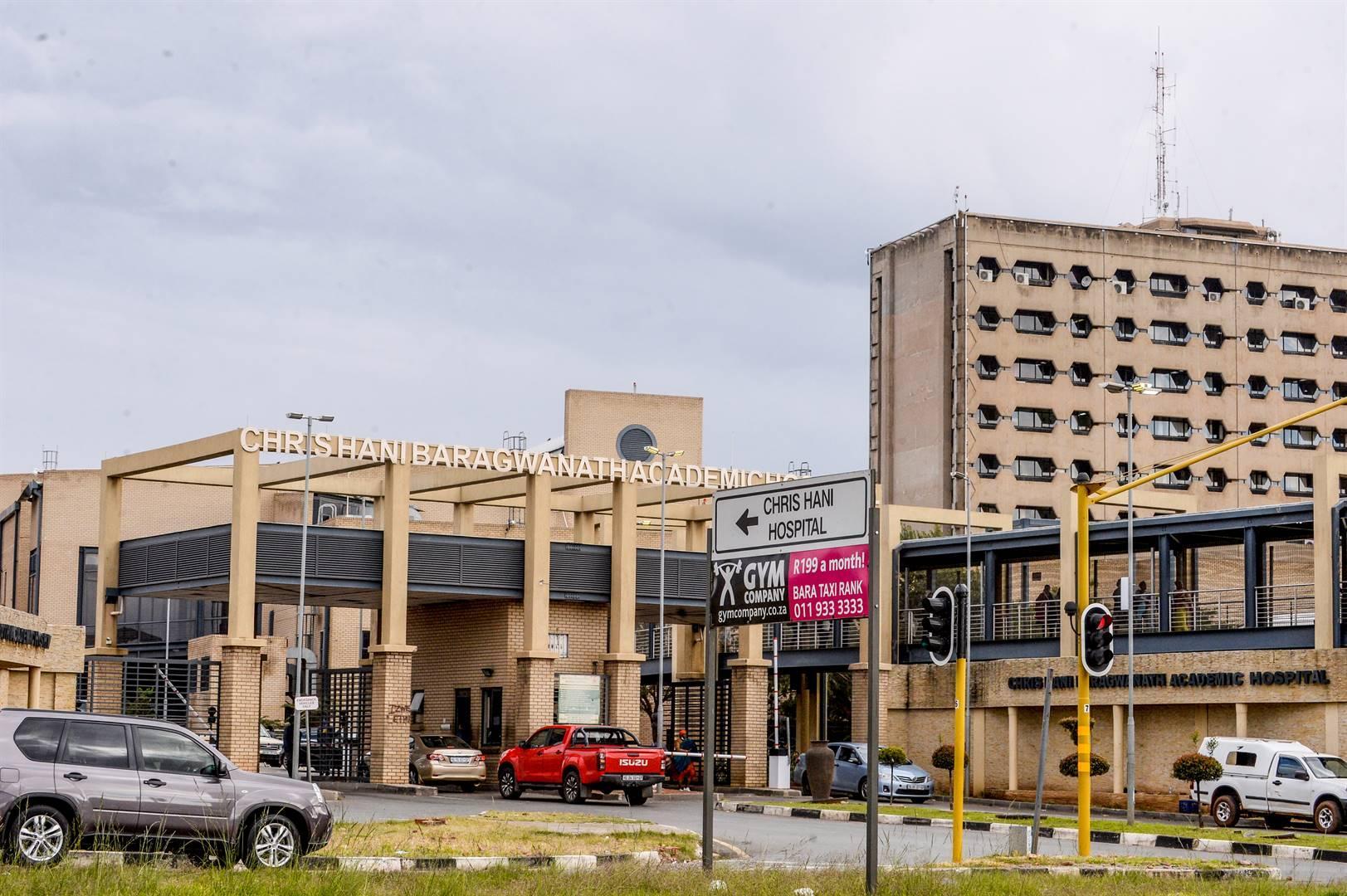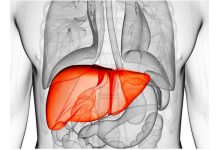Africa-Press – South-Africa. Twenty-six Gauteng hospitals have been experiencing food shortages since January due to poor contract management, Health MEC Nomantu Nkomo-Ralehoko revealed in a written reply to a question from the DA’s Jack Bloom in the legislature.
Nkomo-Ralehoko said the shortages were mainly due to non-payment of suppliers, the expiry of contract and companies’ failure to deliver.
Bronkhorstspruit and Lenasia South hospitals experienced the worst shortages and had to source food from other hospitals.
“George Mukhari Academic Hospital lacked chicken, fish and frozen vegetables for four months. Milk was unavailable from February to May, and bread was out of stock for a week in May.
“The Kalafong [Provincial Tertiary] Hospital says in some instances, patients don’t get meals ‘which will lead to hospital-induced malnutrition in the long run’.”
Their food shortages include dairy products, processed and frozen vegetables, fish and chicken. They only have a daily amount of R2 000 in petty cash, which is too little for 700 patients.
“Steve Biko [Academic] Hospital also had to use petty cash to buy milk and used request for quotation (RFQ) to get chicken after the supplier withdrew from the contract.”
According to Wikipedia, a request for quotation is a business process in which a company or public entity requests a quote from a supplier for the purchase of specific products or services.
“Helen Joseph Hospital has had ‘sporadic’ shortages of frozen food and dry groceries, with the result that patients buy their food at the cafeteria and use food delivery services. Patients also skip meals due to repetitions and lack of variety.
“At Leratong Hospital, fresh milk is substituted with powdered milk, and patients get dry bread for breakfast as jam or peanut butter is only available for supper.
“Food shortages at Charlotte Maxeke Johannesburg Academic Hospital were caused by production problems at the province-run cook freeze factory, so patients got repetitive meals and a warm plate meal only for supper,” the MEC said.
Nkomo-Ralehoko added that patients were affected because they were not receiving balanced diets and sufficient nutrients.
According to the MEC, the hospitals that are experiencing food shortages include:
Nkomo-Ralehoko said hospitals that did not experience food shortages included Far East Rand, Mamelodi Regional, Pholosong, South Rand, Heidelberg, Kopanong and Sterkfontein hospitals.
“Although Weskoppies Hospital said they did not have shortages, they have to do RFQs and alternative arrangements to ensure food for their patients,” Nkomo-Ralehoko added.
According to Bloom, the Gauteng health department previously claimed its new multi-vendor approach would ensure reliable hospital food supplies.
“But this will not help if they do not drastically improve payments within 30 days. Their non-payment problem is deep-rooted and chronic, with only 41% paid within due time according to the latest quarterly report,” said Bloom.
Bloom added that good nutrition was vital for sick people to recover, and added that decent meals were good for morale.
He said:
Four days ago, News24 reported that the Chris Hani Baragwanath Academic Hospital doctors had to arrange food for patients.
The province’s health spokesperson, Motalatale Modiba, said at the time that the department planned to resolve food challenges via a multi-vendor approach.
He said this was in response to recent supply constraints for a particular food.
“Since the department embarked on the review process, several providers have voluntarily terminated their contracts, attributing this to capacity constraints. As an interim measure, this has prompted the department to allow institutions to procure food items on request for quotation, to ensure unrestricted and sustained food supply,” Modiba said.
Since the beginning of the year, Modiba said, some health facilities faced various food supply challenges with dairy products, red meat, fish, bread and vegetables.
“Albeit these supply challenges, the department wishes to reassure families of patients and the public that, in instances where a specific food item was unavailable, other arrangements were made to ensure sustained diets for patients. For example, items such as dumplings, mashed potatoes and bread would be served in place of rice, pap and meal rice, while the replacement of chicken, pilchards, macaroni and cheese and beans would be used,” he said.
For More News And Analysis About South-Africa Follow Africa-Press






